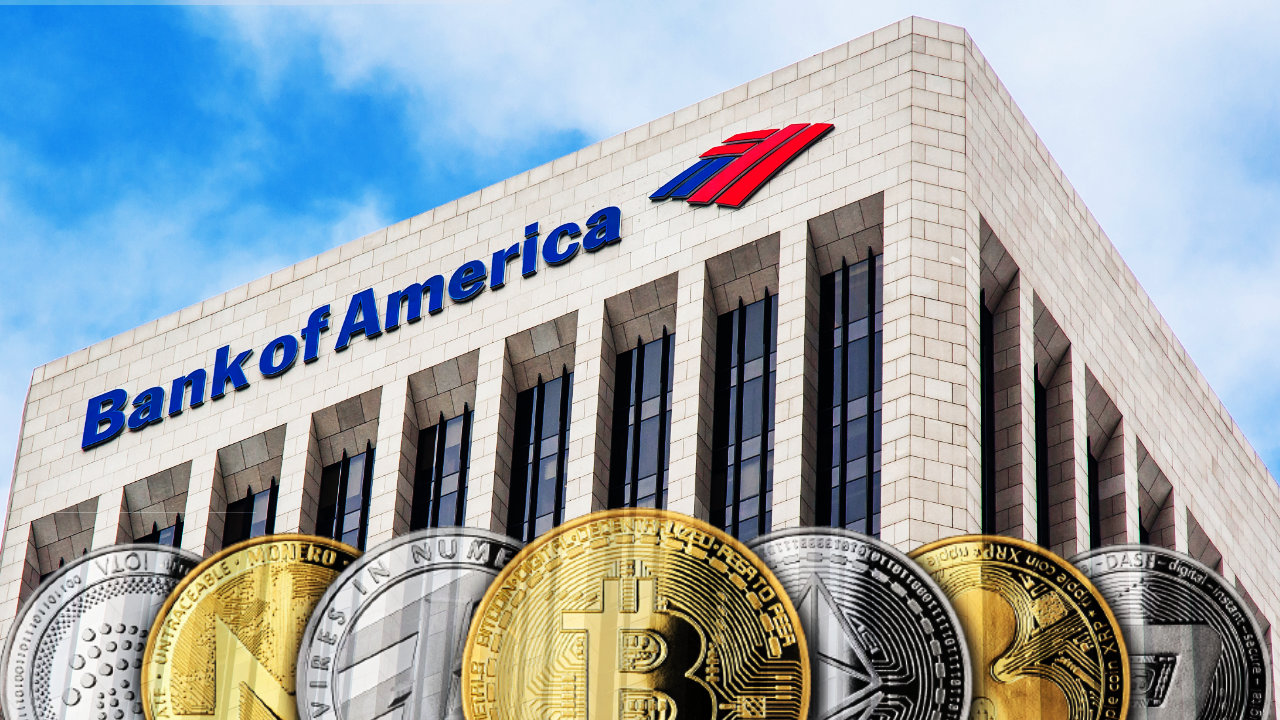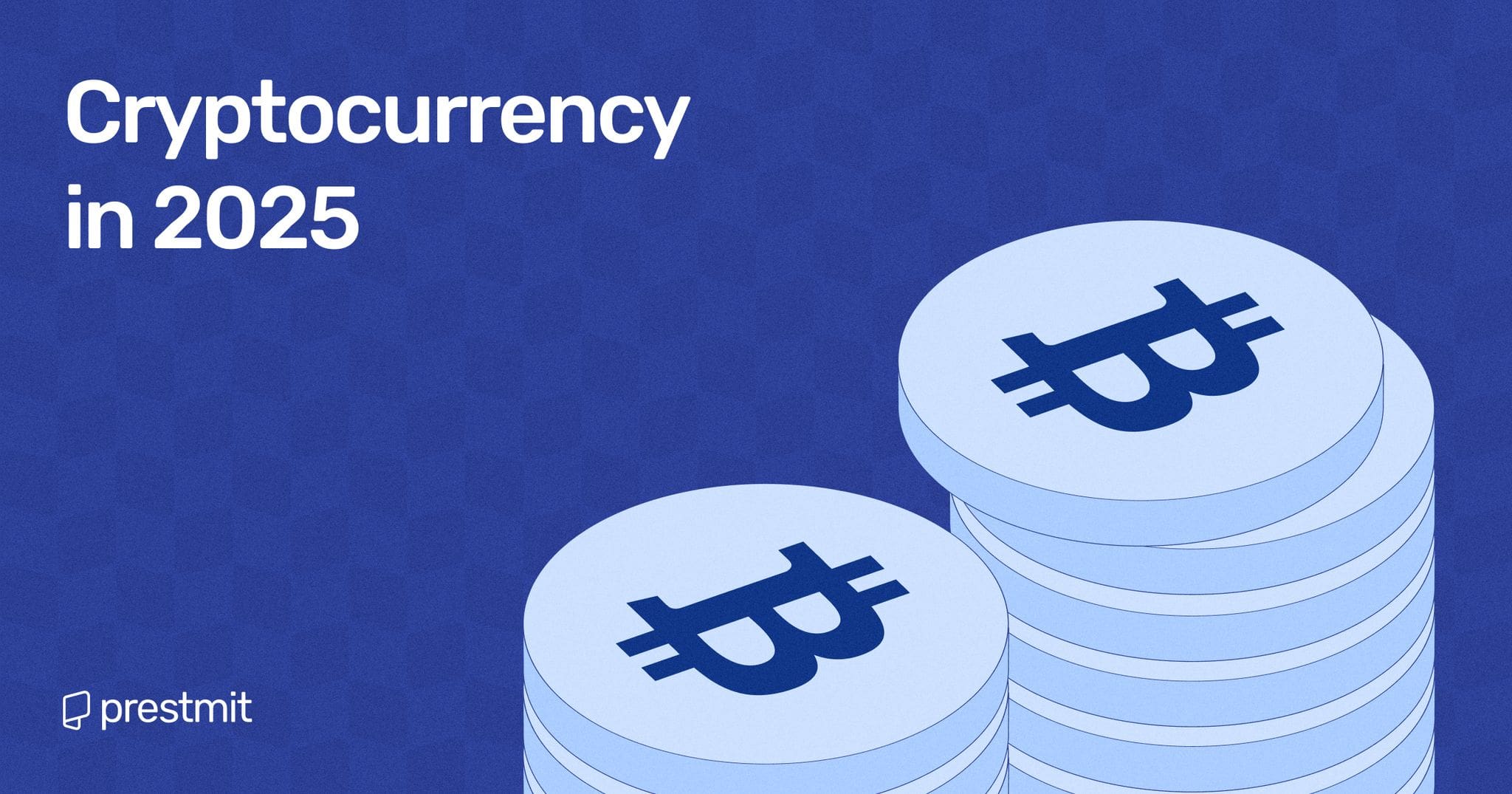
The Global Landscape of Bitcoin Trading
Bitcoin, the pioneering cryptocurrency, has captured the attention of investors worldwide. Its decentralized nature and promises of anonymity have led to widespread adoption in various countries. Let’s delve into the world of Bitcoin trading and explore the top fiat currencies used in Bitcoin transactions.
Who Buys Bitcoin?
Bitcoin acquisition methods vary, including mining, receiving it as payment, exchanging it for fiat currencies, or swapping it for other cryptocurrencies. The appeal of Bitcoin’s versatility and privacy features has propelled its popularity across borders.
Top Fiat Currencies for Bitcoin Trades
- U.S. Dollar (USD)
The U.S. dollar dominates Bitcoin trading, commanding a substantial 71.45% market share. The U.S. quickly embraced Bitcoin technology, fostering a large user base. In contrast, countries like India faced regulatory hurdles, leading individuals to convert their local currencies to USD before acquiring Bitcoin.
- South Korean Won (KRW)
With 14.95% market share, the South Korean won ranks second in Bitcoin trading. Regulatory shifts in Korea initially hindered KRW’s usage, but recent legal frameworks have reinvigorated cryptocurrency investments among the populace.
- Japanese Yen (JPY)
Claiming over 7% of the market, the Japanese yen secures the third spot in Bitcoin transactions. Japan’s proactive regulatory environment and the exodus of Chinese Bitcoin exchanges bolstered its position in the global market.
- Euro (EUR)
The euro, representing 3.5% of Bitcoin trades, faces regional constraints but finds traction in European hubs like Berlin and countries such as the Netherlands, Spain, France, Italy, and Switzerland.
Understanding Bitcoin Transactions
Bitcoin operates as a convertible virtual currency, enabling exchange for fiat currencies where permissible. Traders access Bitcoin through various cryptocurrency exchanges, funding accounts via bank transfers or cards to acquire and store coins in digital wallets.
The Digital Realm of Bitcoin Trading
Bitcoin transactions occur digitally, facilitated by wallets or exchange interfaces. This digital infrastructure supports the global exchange of Bitcoin, offering users a seamless trading experience.
In conclusion, Bitcoin’s influence spans continents, with diverse fiat currencies facilitating its vibrant trading ecosystem. As the cryptocurrency market continues to evolve, understanding the dynamics of Bitcoin trading remains crucial for investors and enthusiasts alike.















